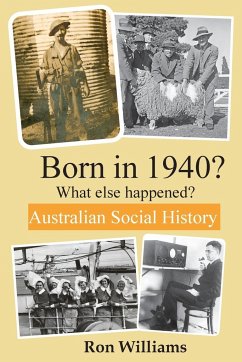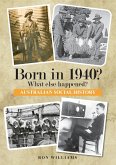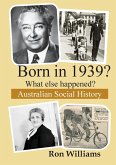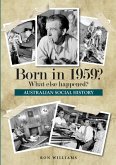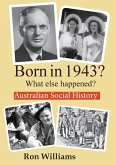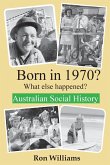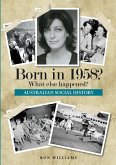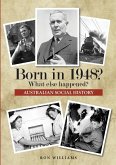ABOUT THIS SERIES. But after that, I realised that I knew very little about these parents of mine. They had been born about the start of the Twentieth Century, and they died in 1970 and 1980. For their last 50 years, I was old enough to speak with a bit of sense. I could have talked to them a lot about their lives. I could have found out about the times they lived in. But I did not. I know almost nothing about them really. Their courtship? Working in the pits? The Lock-out in the Depression? Losing their second child? Being dusted as a miner? The shootings at Rothbury? My uncles killed in the War? Love on the dole? There were hundreds, thousands of questions that I would now like to ask them. But, alas, I can't. It's too late. Thus, prompted by my guilt, I resolved to write these books. They describe happenings that affected people, real people. The whole series is, to coin a modern phrase, designed to push your buttons, to make you remember and wonder at things forgotten. The books might just let nostalgia see the light of day, so that oldies and youngies will talk about the past and re-discover a heritage otherwise forgotten. Hopefully, they will spark discussions between generations, and foster the asking and answering of questions that should not remain unanswered. ABOUT THIS BOOK. In 1940, the Brits thought the War would be a picnic. But they changed their mind after military disasters in Norway, Belgium and Tobruk. German subs were filling the Channel with British shipping, and the Frogs stopped hopping. Then the Hun parked their planes full-time over London, and Blitzed it. But, against all odds, the Poms survived. In Oz, the first Menzies Government rationed food, clothing, petrol, smokes and shirt tails. It introduced conscription for men, internment for Italian men, and stopped the use of pink icing on cakes. Photography was suspect, strikes were almost treasonable. Amid all this, Contemporary Art was blossoming, and doing its bit to destroy Australian culture.
Bitte wählen Sie Ihr Anliegen aus.
Rechnungen
Retourenschein anfordern
Bestellstatus
Storno

